by Kevin M. Smith
At its best, 2020 has been a rough year for everyone. There are reports that businesses are struggling in college towns due to distance learning. People lost jobs during the spring quarantine, many of which have yet to return. Restaurants have been forced into outdoor seating, and communities have accommodated them by closing off sections of street. Craft producers, such as wineries, distilleries, and breweries have either lost the ability to use their tasting rooms, or have had their hosting capacities greatly reduced, impacting their bottom line.
With lower capacities, businesses like craft breweries have resorted to less kegging, and more canning. Breweries that were not previously canning are now doing so, and breweries that already were have shifted much of what went filled kegs into filling cans, knowing that they would not be selling as much beer through their own taps, nor as much to the bars and restaurants who have served their brews. Even so, Maryland’s craft producers have navigated the storm – but the increased demand for cans could be the next body blow that craft beer is going to have to survive.
According to reports initially in the industry publication Beer Business Daily, Ball Corp., the worlds largest producer of aluminum cans, told their investors that the company was going to fall short of US market demand by 10 billion cans. This shortage is likely to affect breweries across the board in some way or another.
At Attaboy Beer Company in Frederick’s YEast Side, owner and brewer Brian Ogden noted that he is working with mobile canning line/vendor Iron Heart, who sources cans for the brewery, alleviating. However, there has still been an impact to the bottom line, he said, explaining “We have seen a $0.01 per can price increase.” While that doesn’t sound like much, it translates to an increase of roughly $174.00 to can a 7-barrel batch, and more than $350.00 for a 15 barrel batch.
Ogden added that he’s confident that Iron Heart will be able to keep Attaboy in cans. “Our canner has assured us that they are fully stocked- and we believe them – their entire business depends on it,” he said.
While Attaboy’s costs have been directly affected, Antietam Brewing in Hagerstown, and, in turn, Mad Science Brewing Company in Adamstown have been subject to supply issues. Brian Roberts, owner and brewer at Mad Science contract brews at Antietam, and explained, “I’ve been affected since Antietam Brewery has been capped on the amount of cans and lids that they can receive each month. My last batch was supposed to be our launch into more distribution with cans/cases as we brewed a 30-bbl batch of Helles Belles. This batch was to be split 22-bbls into cans and the remainder kegged, instead it was the other way around due to lack of cans. So, we’re putting the plan on hold for now.”
For most brewers, the solution is likely to scrounge for cans, and to ride out the storm. Roberts outright dismissed the idea of bottling, and Ogden expressed a similar sentiment. “As long as we have crowlers we will not bottle anything – other than our barrel aged stuff,” explained Ogden.
This newest hurdle faced by craft brewers is expected to last for a bit, explained Roberts, citing reports from the various aluminum can manufacturers. “According to what I’ve read and heard, this will continue until production can be increased – [which is expected to be] fall 2021,” he said.
Ogden believes that these issues will shape the industry for years to come. “I don’t think we will ever go back to normal,” he said. “Some people will return to the taprooms, while other will not. It is up to us to adapt to the new normal. We’re entrepreneurs though, and if we didn’t enjoy problem solving we should be in a different career.”

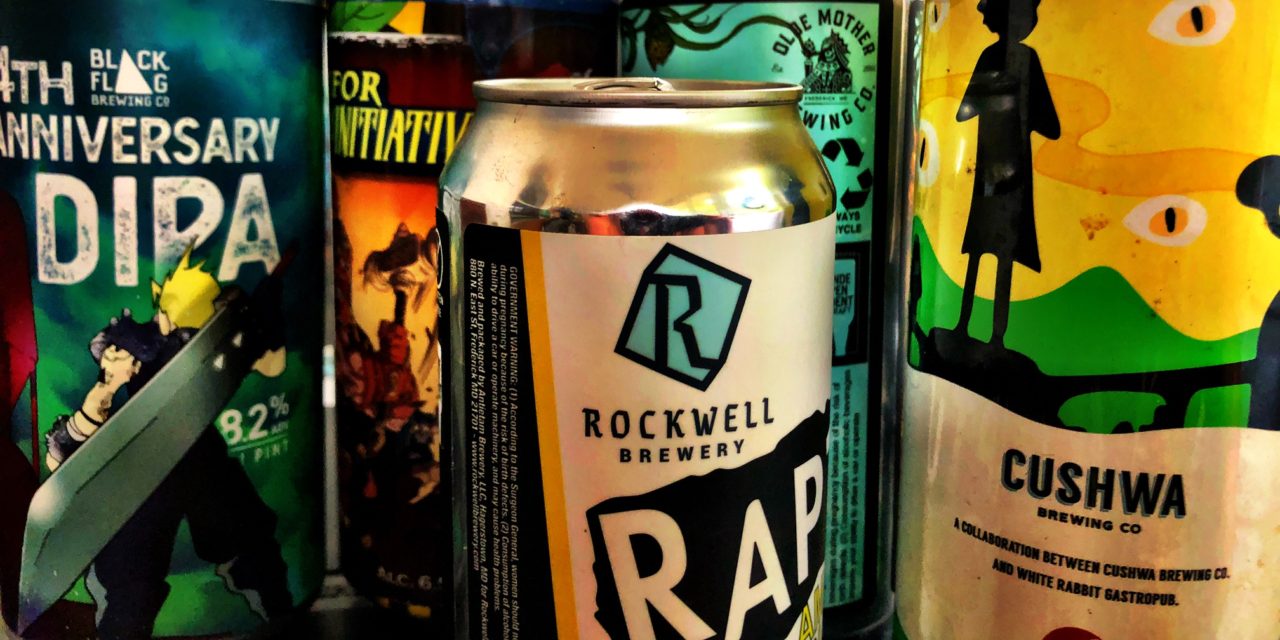


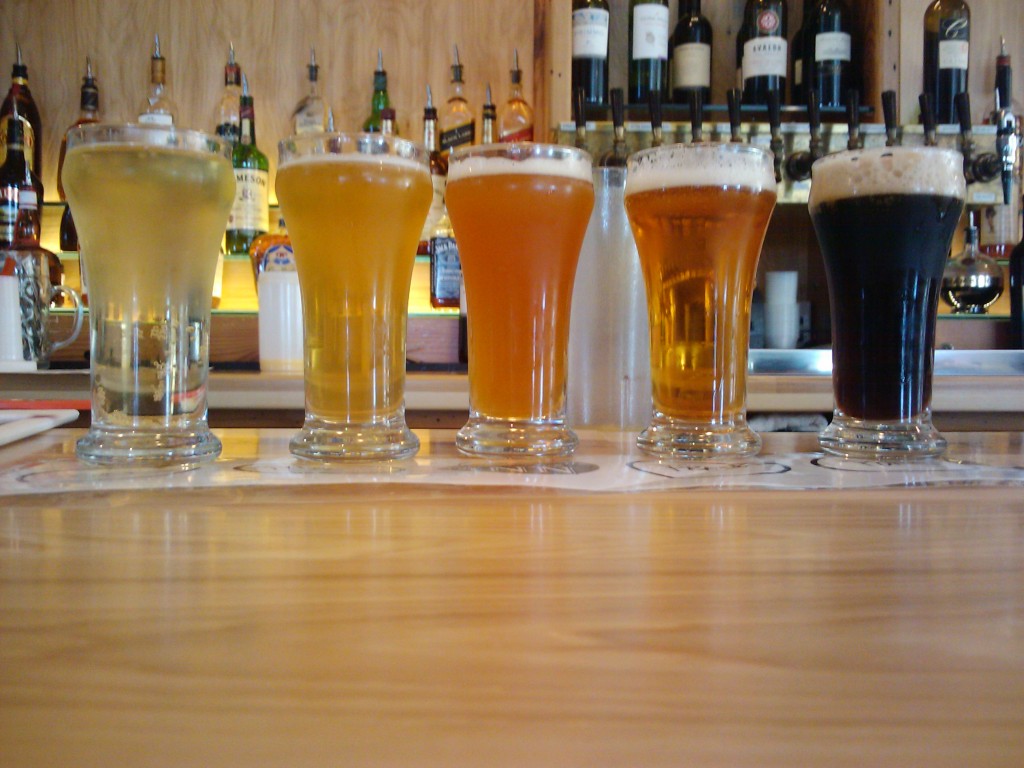

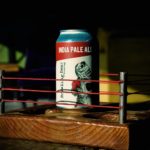


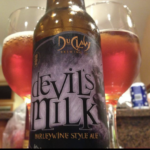
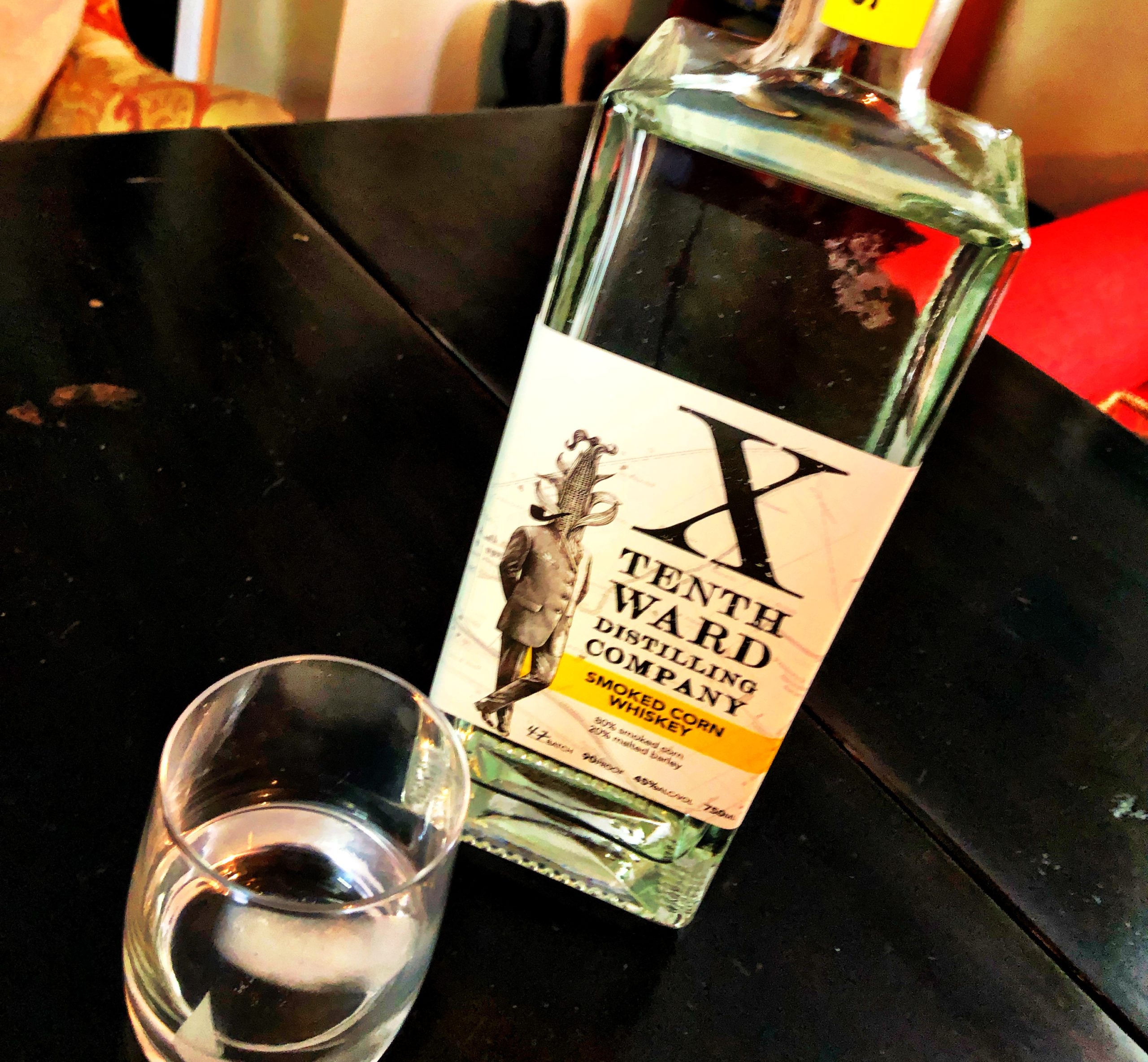

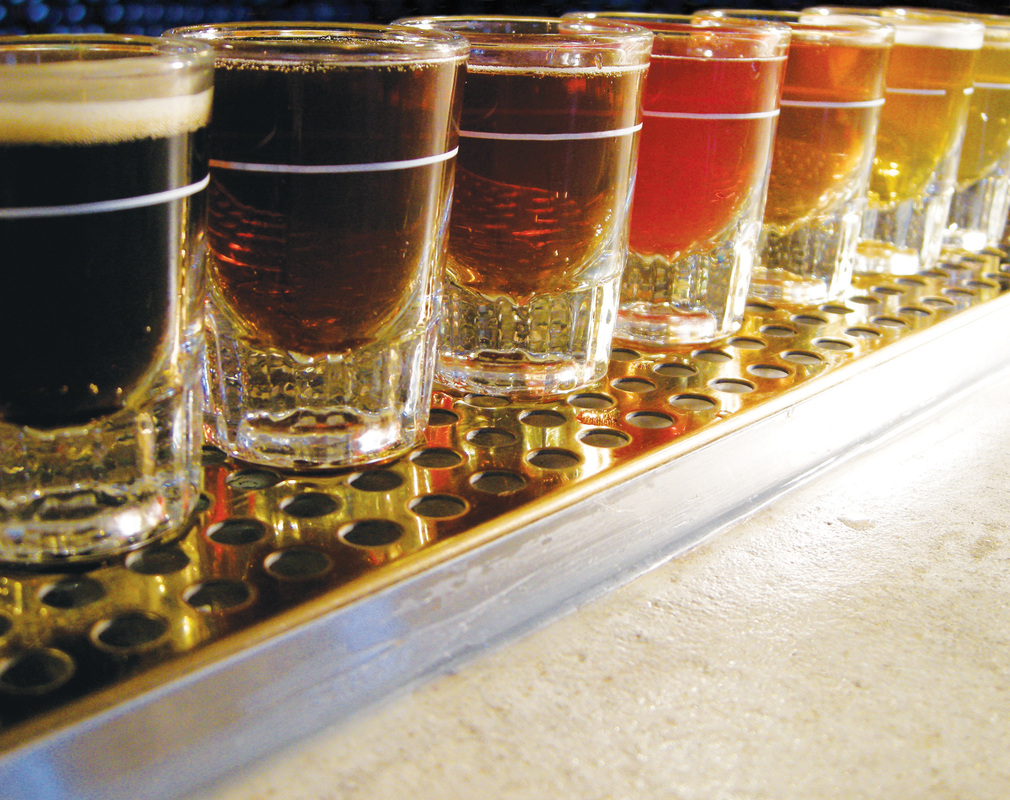
Follow Frederick Behind Bars!